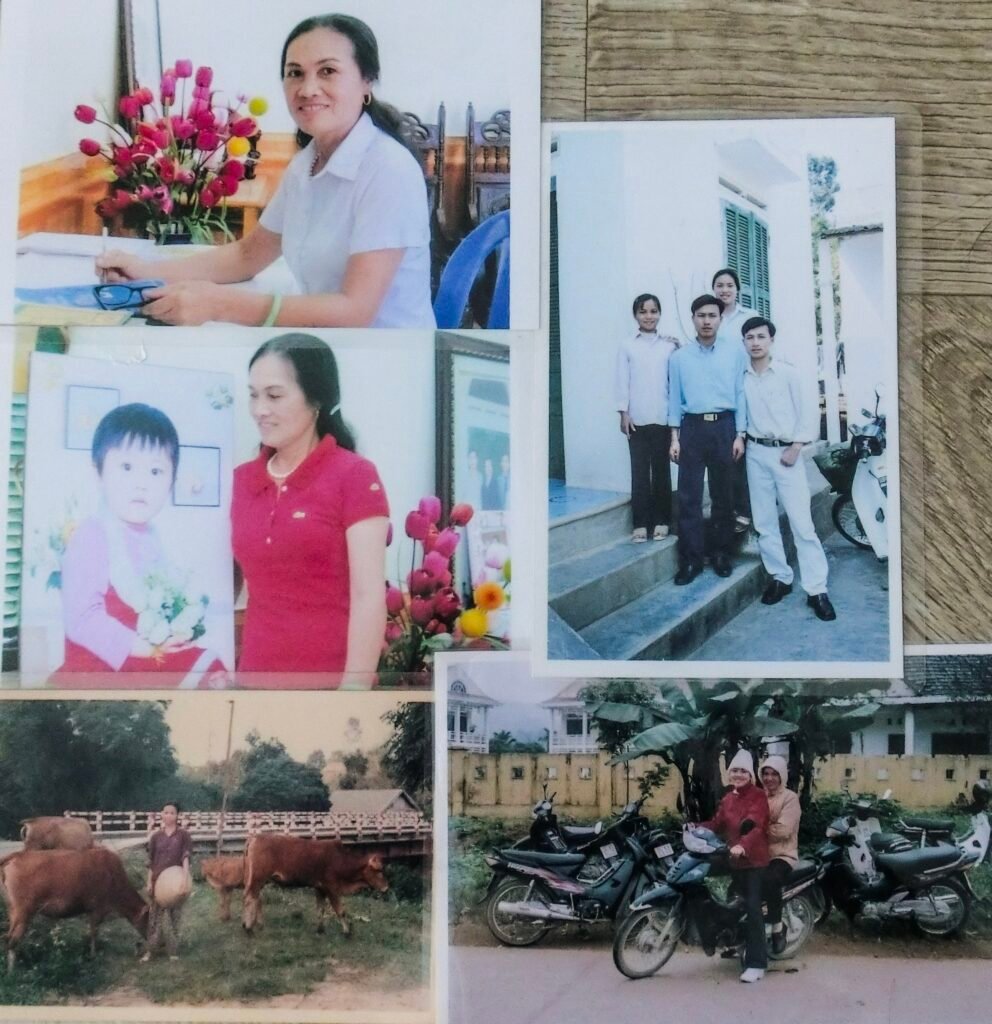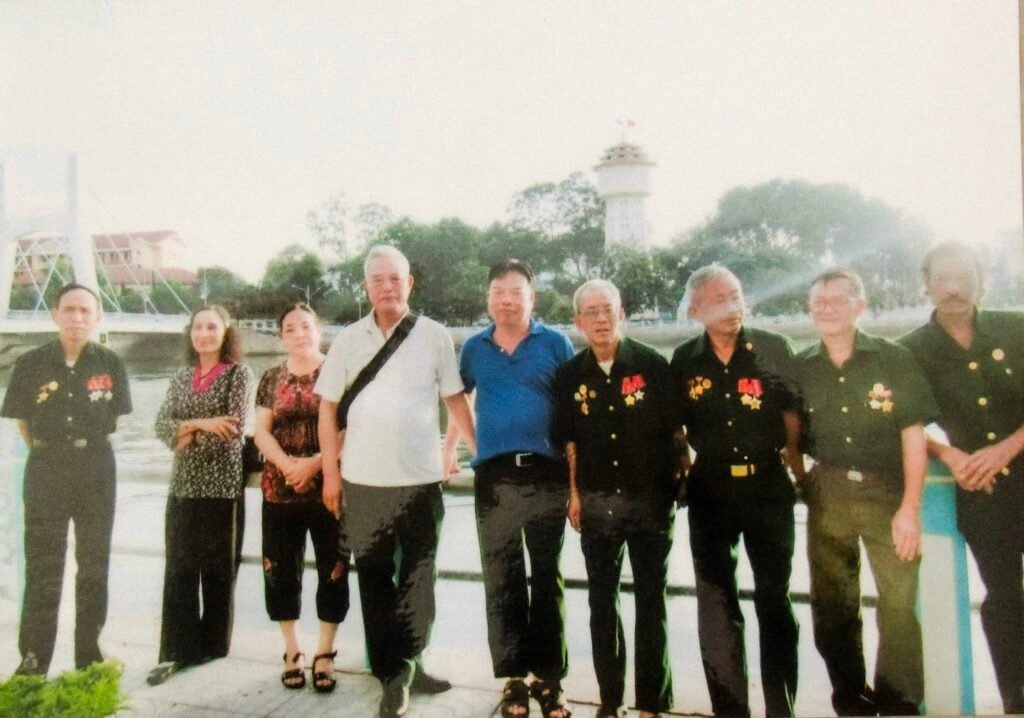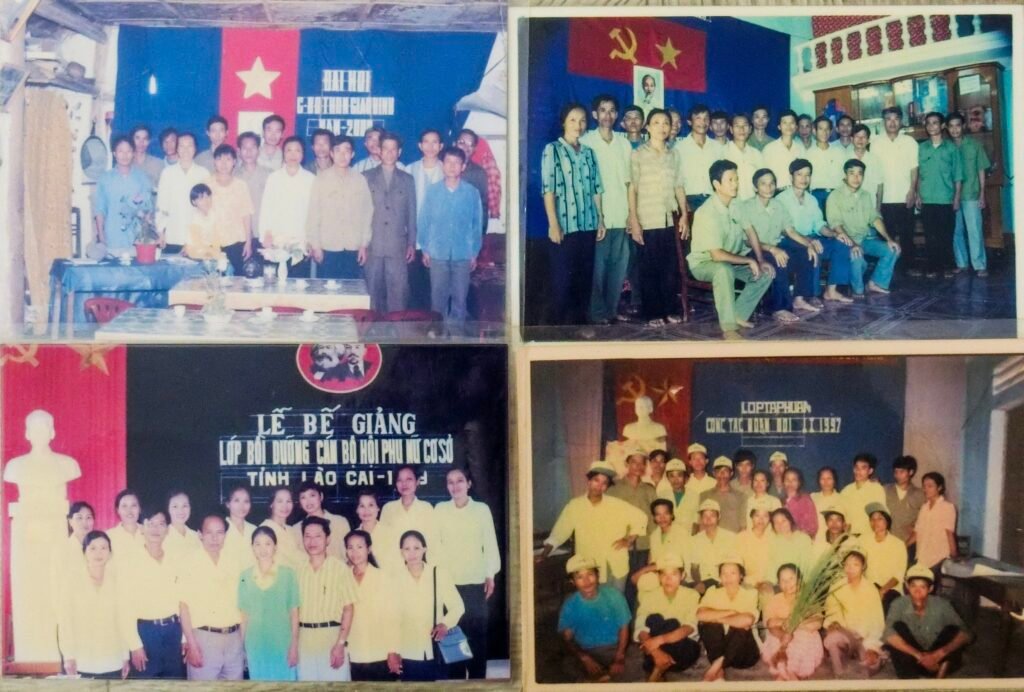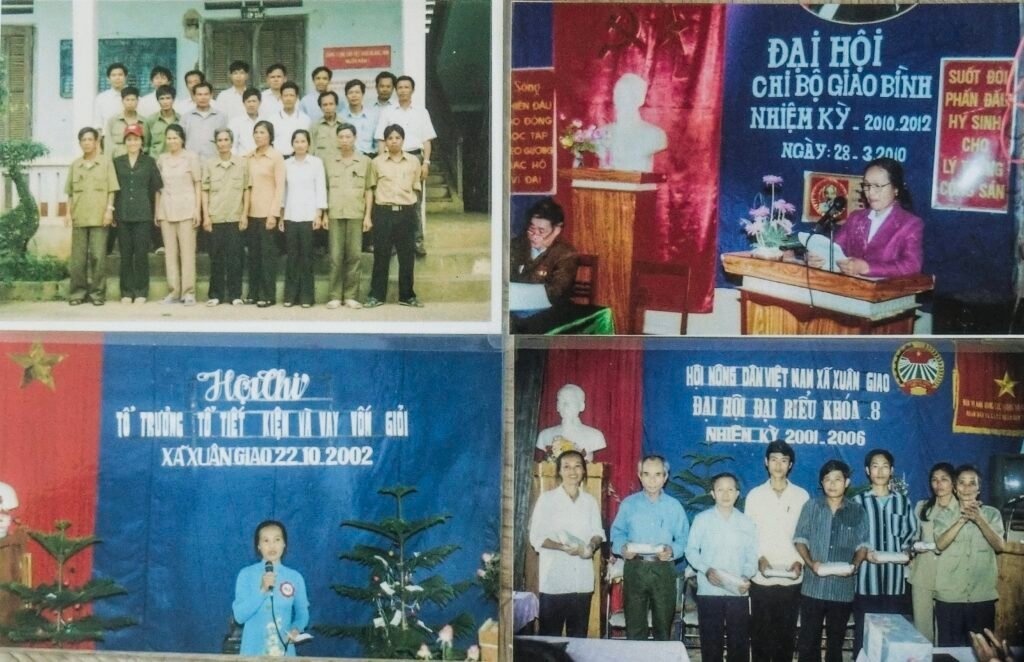Cherishing and treasuring the past
___
PHOURIES
27 APRIL 2024
It was midnight in 2015, and everyone had gone to sleep. But not me. “Grandma, please tell me a story! I can’t sleep! I promise I won’t fall asleep while you are talking!’’ I was literally begging, my five-year-old eyes wide with excitement. Whenever she spent the night at my house, I’d ask her to share tales of her past. She was always willing to tell me her stories of war and life back in the old times.
Even after hearing them countless times, I never grew tired of her perspectives, her feelings about that time. I couldn’t quite explain it then, but as I grew older, I realized these stories represented the incredible courage and resilience of my grandma and her loved ones. I wanted to share her experiences with others, offer them a glimpse into a world they might not have known. It was also a chance for me to delve deeper into the details of the stories she had so often told me.
This interview was conducted mostly for the reasons above.
Here’s a bit about my grandma that you might find interesting:
- Before starting her family, she was a farmer, a prominent member of the Local Youth Union, and served as a village head for several years.
- My grandmother has been retired for many years and she’s now helping my family to take care of my baby brother.
Let’s jump right in the interview!
Phouries: What age were you during the Vietnam War? What were you doing at that point in your life and where were you during the war?
Grandma: “I was about sixteen to eighteen when the war was taking place. During this time, I was sent to a class that provided the basic training in firearms and grenades in order for me to instruct these skills to the local militia and self-defense units. My family relocated from Nam Dinh to Lao Cai Province in northern Vietnam when I was only ten years old, according to the government’s New Economic Policy of the time.”
What are your strongest memories from the war?
Grandma: “As a ten-year-old girl, I was terrified back then. During the time when our family had to leave our hometown, we had to walk all the way up from Nam Dinh to Lao Cai for a total of twelve days. I vividly remember that every single night, we saw American planes roaring overhead, firing flares as if they wanted to light up the entire sky. My parents always told us to hide in those bunkers within an immense orange grove. In August, the oranges were as big as bowls, scattered around the opening of the underground bunkers, so that we could avoid being bombed suddenly and keep ourselves safe. During that time, I was so scared; the thought of bombs literally haunted my mind to the point where I could not eat anything all day, no matter how hungry I was. This time was during the resistance war against America.”
“My second impression was the 1979 War against China – the first ever year China attacked Lao Cai Province. I remembered the deafening sound of Chinese cannon filling the air. Surprisingly, I wasn’t very scared at first, but after that day, our family had to evacuate to another area. A faint memory of mine remains of the constant clamor day and night: people carrying their belongings, leading their livestock, a chaotic mix of adults and children, all bundled together. Since I was the eldest, I had to lead my younger siblings to the train station, 10km walk from home, in order to move back to Nam Dinh. The trains were coal carrying ones, but they agreed to let us on for a while then everyone had to get off the train and walk wherever they wanted to – we were not an exception. One particular moment that I could not forget was the train from Lao Cai to Yen Bai Province: the overcrowded train compartment, so packed that people were forced to climb onto the roof. Trains were crammed with people, food, and belongings and I heard a tragic incident happened: a three-year-old child was crushed to death under sacks of rice and other goods. In the chaos, people were just throwing their items through the compartment door without being aware of the children lying on the floor. And I heard that the child was found missing only when the child’s family realized there was one person left. They had searched everywhere before finding their child in that state. It was so heartbreaking and shocking for me.”
“The walking part of the journey was terrifying. During that time, anyone caught spying for the enemy was executed. When I reached Xuan Giao crossroads, I witnessed our Viet soldiers shooting spies and then tying electric wires around their bodies. They were left by the roadside, covered with dirt and flies flying around, all of that creating a frightening scene that I would never forget.”
“On February 17, 1979, my husband went to fight against the Chinese in Lao Cai and from 1968 to 1975, he fought in the “B” battlefield in the South, against the Americans, and also fought in Cambodia and Laos.
When I married him, he often wrote me letters while he was serving in the military in the South of Vietnam. I collected all those letters and photos in the chest then buried it on a hill. When the aforementioned evacuation occured, I had to leave home for a month and when I came back to find the chest, I figured out that all the letters were scattered everywhere, from the hill down to the road.”
How were you impacted by the war and how was your community (city/family) also impacted by the war?
Grandma: “While people were just living peaceful lives, taking care of their families, and contributing to the national economy, the war came and simply destroyed and turned their lives upside down. People were then forced to live in constant anxiety, unable to work in peace. With the destruction of war, they wondered if they could survive the day, or if they would have enough to eat, or if they could make it when the war ended. There was severe disruption to education at all levels, as young people were called up to serve in the military to protect the country. Life just became extremely difficult, with shortages of food, clothing, medicine, and almost everything.”
“The war indeed left everything in ruins. No matter how beautiful the villages and infrastructure were, they were all torn apart. People went to war; some returned home, others never did, and some were lost forever. Whether the soldier’s injuries were severe or minor, they all left with lifelong mental or physical disabilities. This caused suffering for their families, a deep cut that never healed. I still remembered the tragedy of the unidentified bodies, those that were so badly damaged that no one could recognize them, neither their hometowns, nor the units they served in with the military.”
“It has now been 50 years since the war ended. The country was reunited but the pain and loss, both mental and physical, continue to haunt many families – they might still be searching for their missing members, others might still be struggling to recover from the devastation of the war. They might have never recovered from the past, where everything was taken from them.”
What was the role of women in the war during this time?
Grandma: “In my generation, women were an incredible source of support. Despite facing numerous hardships in their daily lives, they were incredibly resilient. They raised their children, managed households, etc. They were more than courageous and willing to join the guerrilla forces, carry food or deliver messages, just all for the sake of the country.”
Since that time, how have you seen your country change? What changes do you think are the most important?
Grandma: People’s lives were extremely difficult at first, their homes were completely destroyed, leaving nothing but ruins and ashes. Despite all those hardships, they gradually rebuilt their lives, and started reconstructing everything. Eventually, everything became what it is now, and we have also fostered a strong sense of community and developed a commitment to protect our homeland.
What lessons did she learn during this time?
Grandma: “The war had taught me about the strength of sympathy and empathy, the love that can arise in any situation, even in times of intense conflicts.”

Grandma and Grandpa in the old time.

My grandma is sitting with my picture. My mom is the one with the cows.

The reunion with my granpa’s old friends. He is the first person on the left.



The last three pictures showed some of the activities that my grandma used to participate in. Unfortunately, the pictures were of low quality so it was quite hard for even myself to identify my grandma in those images.